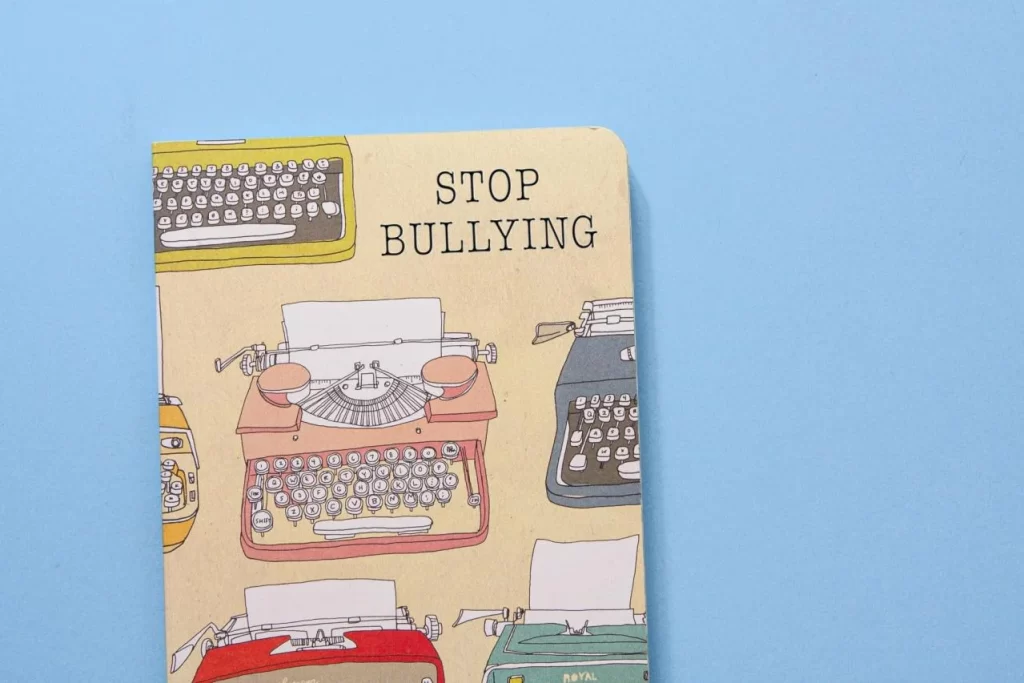
Breaking the Silence: Navigating the Complexities of Mental Health in the Face of Bullying and Intimidation
In a world where the spotlight on mental health is intensifying, we find ourselves grappling with a pressing concern that cannot be ignored. Bullying and intimidation have stealthily seeped into the fabric of our daily existence, leaving scars that extend far beyond the surface.
Join us on a transformative journey as we confront the unsettling truth.
It is time to break the silence, embrace our collective strength, and forge a path toward a world that champions mental health, free from the shackles of bullying and intimidation.
Unveiling The Fundamentals of Bullying

What Is Bullying?
In his book ‘What Bad We Do,’ Raymond G. Comeau states that bullying is defined as a deliberate, repeated aggression or abuse of power over another person. It can take many forms, including physical, verbal, psychological, or cyberbullying. Intimidation follows a similar pattern but generally involves one-off incidents rather than repeated actions. Both forms of behavior need to be addressed for an individual’s mental health to remain strong.
What Are the Signs of the Bullied?
Spotting the warning signs that someone may be bullied or intimidated can be difficult since most people tend to hide their feelings out of fear or shame. Signs can include a sudden change in mood, increased absence from social activities or events, reluctance to speak up in class or during conversations, and physical signs such as bruises.
Intervention: When Is It a Good Idea?
Knowing when and how to intervene safely is important if you witness someone being bullied or intimidated. This may involve speaking up against the bully or the intimidator directly or alerting an adult who can take appropriate action. In some cases, it may be safest for you not to get involved and instead seek help for the victim from other sources, such as teachers or counselors.
Can Professionals Help?
Victims of bullying/intimidation must be given access to professional support if they need it. This could involve talking to a school counselor, psychologist, or psychotherapist to discuss their experiences and find healthy ways of coping with the situation
Rising Above with Self-Care
Self-care is an important component of maintaining optimal mental health – particularly for those who have been affected by bullying/intimidation. Taking time out for yourself through activities such as mindfulness, exercise, or journaling can help improve your emotional well-being and enable you to cope better with difficult situations.
Assertiveness: A Potential Solution to Stand Up
Standing up for yourself respectfully can be helpful in many situations, especially when facing bullies. Assertive behavior means being aware of your rights and expressing your thoughts and feelings in an open and honest way
Weave a Supportive Network
Having a strong support system can be key for managing the effects of intimidation on mental health. Surround yourself with people who understand your experiences, and make sure to reach out if you need help or advice from them.
Establish and Maintain Clear Boundaries
Establishing clear boundaries between yourself and those attempting to bully you is necessary to protect your well-being. Know what behavior is unacceptable, limit how often they can contact you, and don’t be afraid to speak up when these boundaries are crossed.
Building Resilience in the Face of Bullying
Resilience refers to our ability to cope and bounce back from difficult situations. Building resilience often involves learning effective coping strategies such as problem-solving, positive self-talk, and relaxation techniques.
Taking Control
Remember that you have the power to take control of your own mental health in spite of any negative assertion that may be occurring. It is important not to let these experiences define who you are and to focus on the positives in life instead.

Final Thoughts
Author Raymond G. Comeau believes that it is our duty to acquire knowledge about mental health and help ensure a healthier environment for everyone. By taking steps towards creating a more understanding society, we can all work together to make sure that our mental well-being remains strong. When we work together in this way, we can truly make a difference!